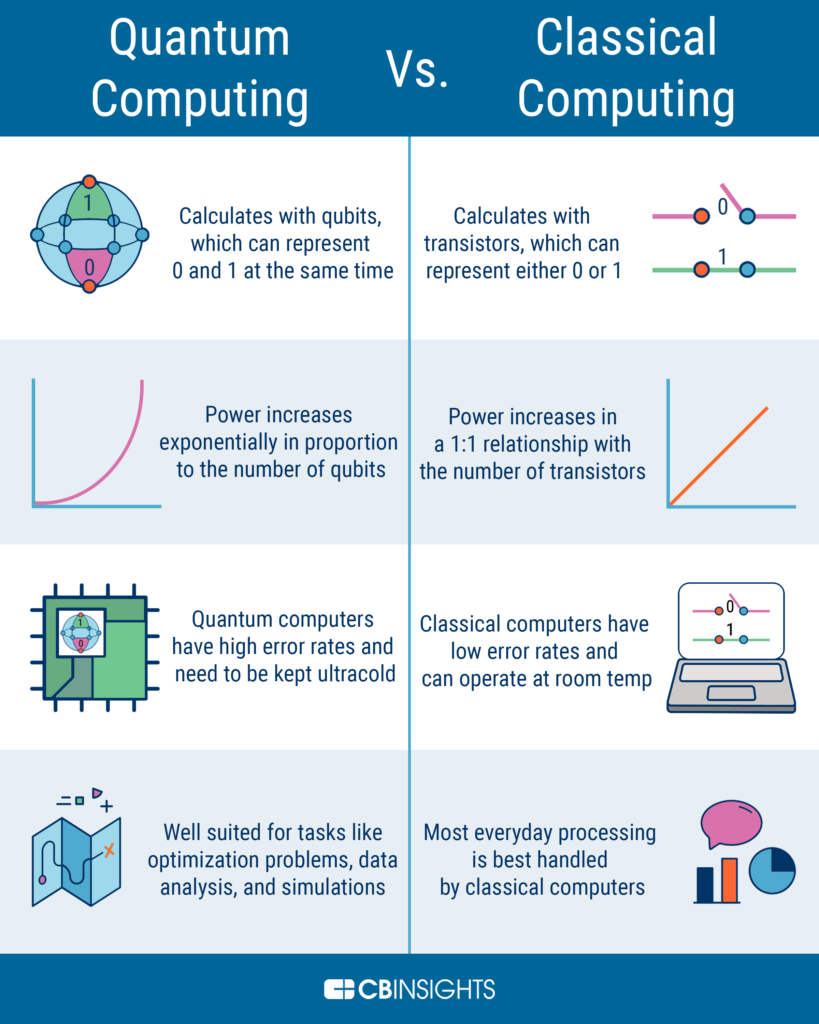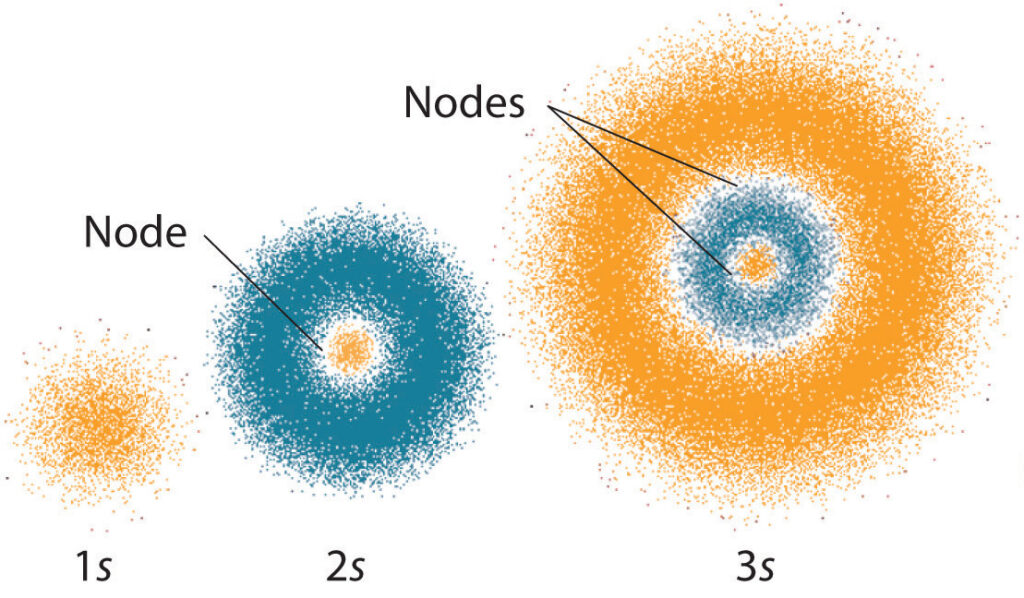The world of quantum computing has been on the rise in recent years, with the technology promising to revolutionize the way we process information. A quantum computer has the potential to complete tasks that classical computers can’t, thanks to its ability to leverage the principles of quantum mechanics to perform computations at a much faster rate. However, despite the immense power of quantum computers, there are still some algorithms that they can’t run.
While quantum computing is still in its infancy, researchers have already discovered some limitations to the technology. One of the most significant limitations is that not all algorithms can be run on a quantum computer. This is because quantum computers operate on qubits, which are fundamentally different from classical bits. As a result, algorithms that rely heavily on classical computing principles are unlikely to work on a quantum computer. In this article, we will explore some of the algorithms that quantum computers can’t run and the reasons behind their limitations.
A quantum computer cannot run all algorithms, as it is limited by its quantum nature. It can, however, run algorithms that take advantage of quantum properties, such as entanglement and superposition. These algorithms can process massive amounts of data faster and more efficiently than traditional computers, and are used to solve complex problems in areas such as materials science, cryptography, and artificial intelligence.

What Algorithms Can a Quantum Computer Run?
Quantum computers are a revolutionary new technology that is revolutionizing the way we think about computing. Unlike traditional computers, quantum computers are able to run algorithms that are more complex and take advantage of the quantum mechanical properties of the underlying hardware. This means that they can solve certain problems much faster than traditional computers.
Quantum Algorithms
Quantum algorithms are algorithms that are specifically designed to take advantage of the unique properties of quantum computing. These algorithms are typically more complex than traditional algorithms, but they allow for much faster solutions to certain types of problems. Examples of quantum algorithms include Shor’s algorithm, Grover’s algorithm, and the quantum Fourier transform. All of these algorithms are designed to take advantage of the unique properties of quantum computing and make use of the fact that quantum computers can exist in multiple states at the same time.
One of the most important applications of quantum algorithms is in cryptography. Quantum computers are able to efficiently solve certain types of problems that are traditionally difficult for traditional computers, such as factoring large numbers. This means that quantum computers can potentially break many of the modern encryption protocols used to protect sensitive data. As a result, developers are actively working on new algorithms and techniques to make quantum computers more secure.
Limitations of Quantum Algorithms
Although quantum algorithms are powerful tools, they are not without their limitations. One major limitation is that most quantum algorithms only work for certain types of problems. For example, Shor’s algorithm is only useful for factoring large numbers, and the quantum Fourier transform is only useful for solving certain types of optimization problems. This means that quantum computers can only solve a limited set of problems, and are not suitable for all computing tasks.
In addition, quantum algorithms are still subject to the same laws of physics that govern traditional computers. This means that they are still limited by the speed of light, and that some problems may be too complex to be solved efficiently by a quantum computer. As a result, quantum computers may not be able to solve all problems, and may even be slower than traditional computers for certain tasks.
Frequently Asked Questions
What algorithms can’t a quantum computer run?
Can a Quantum Computer Run All Algorithms?
No, a quantum computer is not able to run all algorithms. While quantum computers are capable of performing certain calculations much faster than traditional computers, they are limited in terms of certain algorithms. This is due to the fact that quantum computers operate using quantum bits, or qubits, which are much more volatile and difficult to control than traditional bits. As such, certain algorithms may require more control over the qubits than is currently possible with quantum computers, making them impossible to execute.
Which Algorithms Cannot Be Run on a Quantum Computer?
The exact algorithms that cannot be run on a quantum computer depend on the specific hardware capabilities of the device. Generally speaking, quantum computers are not able to run algorithms that require a high degree of control over their qubits. This includes algorithms that require a precise order of qubits. Additionally, quantum computers are limited in terms of their memory and processing power, meaning that certain algorithms may be too complex to be executed on the device. As a result, any algorithm that requires a significant amount of computation or a precise order may not be able to be run on a quantum computer.

In conclusion, the limitations of quantum computers in terms of algorithmic capabilities are still being explored and discovered. While quantum computers excel in solving certain types of problems such as factoring large numbers and simulating quantum systems, they are not a one-size-fits-all solution for all computational problems. In fact, there are still many algorithms that cannot be efficiently run on a quantum computer, including some that are essential to modern cryptography.
Despite these limitations, the potential of quantum computers to revolutionize various fields such as drug discovery and optimization remains promising. As efforts continue to improve the stability and scalability of quantum computers, we can expect to see more breakthroughs in quantum computing and algorithm development. Ultimately, the limitations of quantum computers serve as a reminder that there is always more to discover and explore in the world of computing, and that the journey towards technological advancement is a continuous and exciting one.



